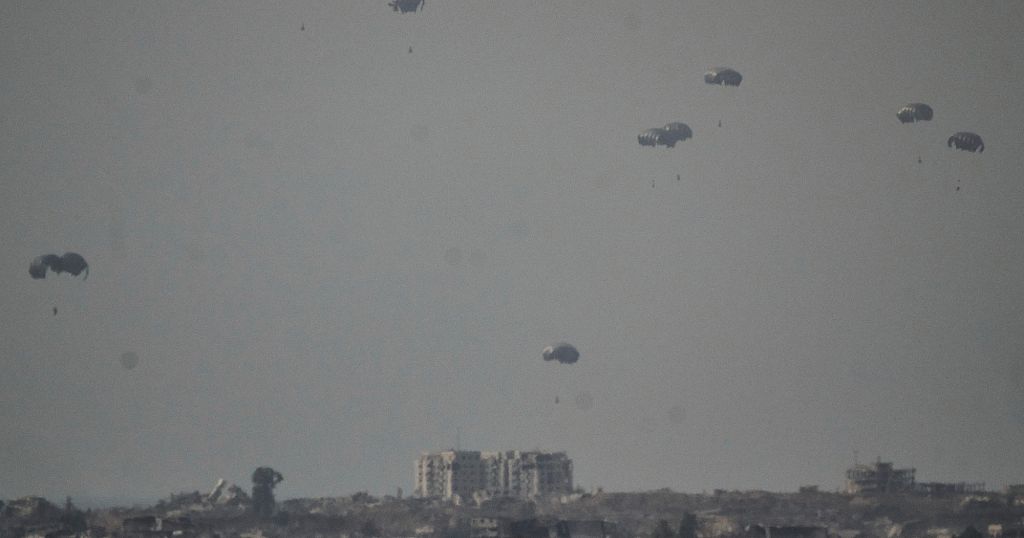Norway’s $1.6 trillion sovereign wealth fund has exited investments in 11 Israeli companies and restructured its approach to managing assets linked to Israel, citing heightened ethical scrutiny amid the ongoing humanitarian crisis in Gaza. The decision, announced by Norges Bank Investment Management on Monday, underscores the fund’s response to operating in conflict zones and follows stricter oversight measures adopted in recent months.
By the end of June, the fund held stakes in 61 Israeli firms. Last week, it finalized the divestment of shares in 11 companies excluded from the Norwegian Finance Ministry’s equity benchmark index, a selection criteria used to guide state investments. While specific firms were not disclosed, the move reduces Israel’s representation in the fund’s portfolio and aligns with a broader shift to bring all Israeli investments under direct management, ending third-party oversight. External management contracts in the country have been terminated.
Nicolai Tangen, CEO of Norges Bank Investment Management, characterized the steps as reactive to “extraordinary circumstances.” In a statement, he emphasized the deteriorating conditions in Gaza and the West Bank, noting the fund’s exposure to companies operating in a war-torn region. “This is a serious humanitarian crisis,” Tangen said, adding that the fund would intensify due diligence to address risks tied to governance, human rights, and environmental impact. The restructured approach, he explained, would streamline operations and reduce the workload of its ethics council, which evaluates compliance with investment guidelines.
The announcement builds on actions taken in late 2023, when the fund increased scrutiny of Israeli holdings and divested from an undisclosed number of firms. Known formally as the Government Pension Fund Global, the Oslo-based entity channels Norway’s oil and gas revenues into global markets, owning approximately 1.5% of all listed equities worldwide. Its portfolio spans nearly 9,000 companies, making it one of the largest institutional investors on the planet.
While the fund has historically excluded companies linked to weapons production, tobacco, or human rights violations, its latest decision highlights the challenges of navigating investments in politically volatile regions. Analysts say the move reflects a balancing act between ethical mandates and financial obligations, as the fund remains a cornerstone of Norway’s long-term economic strategy.
